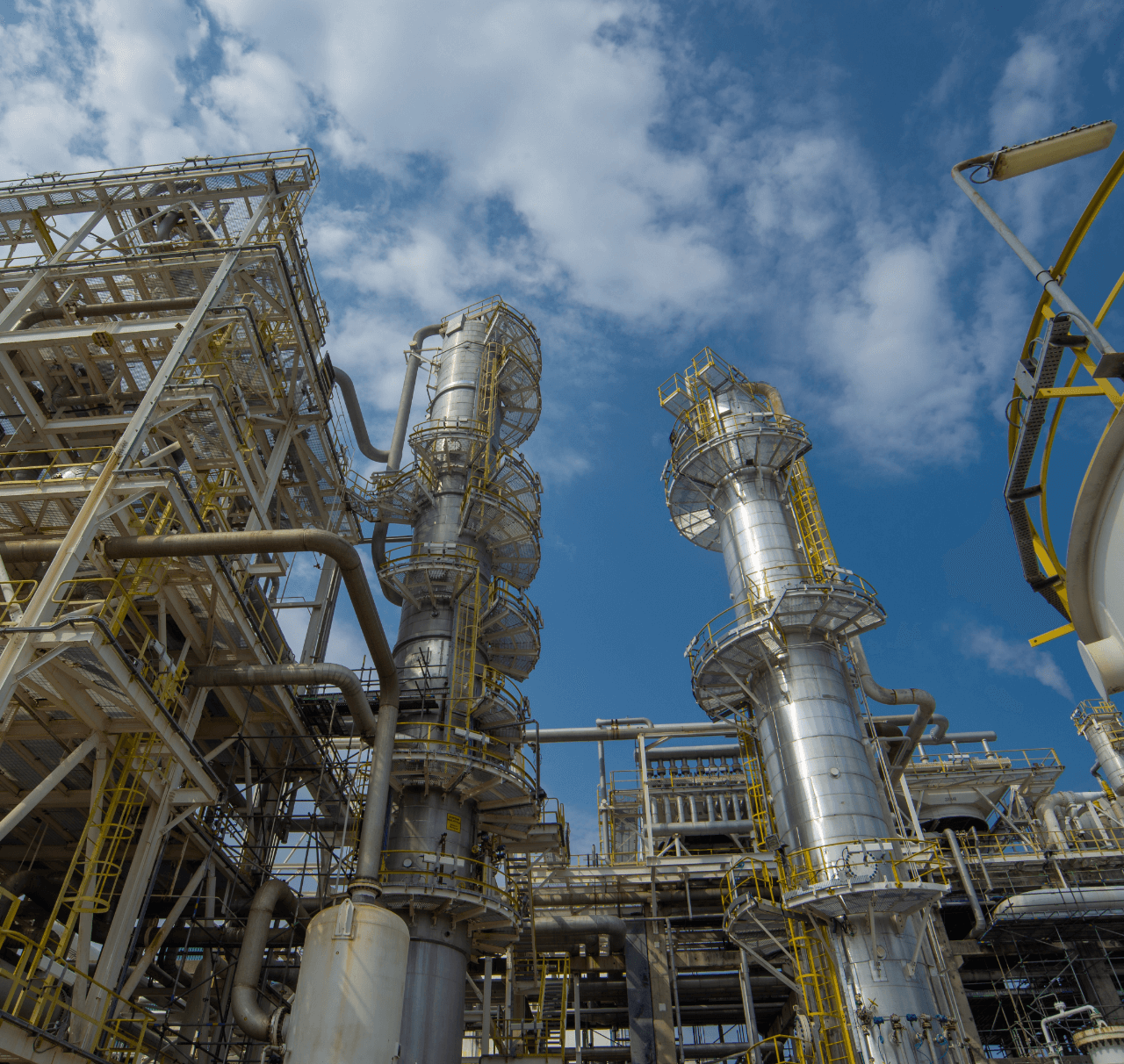
How We Provide Value
-
We embed human rights principles into our workforce practices by aligning with internationally recognised human rights standards. We adopted PETRONAS Diversity & Inclusion statement as part of our commitment to a respectful and supportive workplace and uphold freedom of association and fair treatment for all. To strengthen awareness of labour rights and foster a culture of accountability, we provide various training related to human rights training for our employees.
-
We embed the requirements of the PETRONAS Contractors Code of Conduct on Human Rights (CoCHR) into our contract documents and monitor compliance through regular audits and assessments.
-
Engagement sessions are conducted to raise awareness and strengthen understanding of human rights management among contractors and suppliers.
-
Respect for the rights of foreign and migrant workers is a priority, and we ensure their employment complies fully with all applicable labour and immigration laws.
-
We provide human rights awareness training on policy and procedures to our security personnel, including the PETRONAS Auxiliary Police.
-
Social Risk Assessments (SRA) are conducted across our projects and operations to identify, assess, and mitigate potential social and human rights risks affecting the communities where we operate. The process specifically addresses elements such as land management, indigenous peoples, and cultural heritage.
-
To ensure stakeholders have a voice, we’ve established a grievance mechanism that provides community members and other stakeholders with a transparent platform to raise concerns and seek fair resolution.




